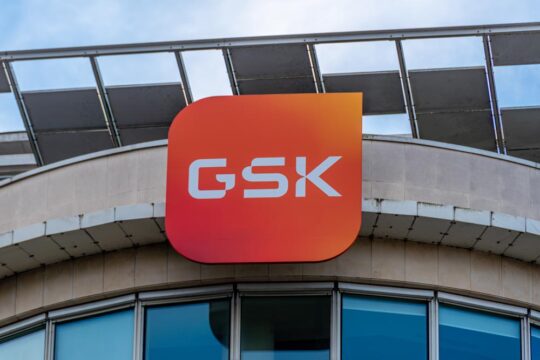Advertisment
FDA grants accelerated approval to selpercatinib for pediatric patients two years and older with RET-altered metastatic thyroid cancer or solid tumors – Eli Lilly

The FDA has granted accelerated approval to selpercatinib (Retevmo, Eli Lilly and Company) for pediatric patients two years of age and older with the following: i. advanced or metastatic medullary thyroid cancer (MTC) with a RET mutation, as detected by an FDA-approved test, who require systemic therapy; ii. advanced or metastatic thyroid cancer with a RET gene fusion, as detected by an FDA-approved test, who require systemic therapy and who are radioactive iodine-refractory (if radioactive iodine is appropriate); and iii. locally advanced or metastatic solid tumors with a RET gene fusion, as detected by an FDA-approved test, that have progressed on or following prior systemic treatment or who have no satisfactory alternative treatment options.
This is the first FDA approval of a targeted therapy for pediatric patients less than 12 years of age with RET alterations. Selpercatinib was previously granted accelerated approval for the thyroid cancer indications in adults and pediatric patients 12 years of age and older. It also was previously granted accelerated approval for the solid tumor indication in adults.
Efficacy in pediatric and young adult patients was evaluated in LIBRETTO-121 (NCT03899792), an international, single-arm, multi-cohort trial. Patients received selpercatinib, 92 mg/m2 orally twice daily, until disease progression, unacceptable toxicity, or other reason for treatment discontinuation. The primary efficacy population included 25 patients ages 2 to 20 with locally advanced or metastatic RET-activated solid tumors non-responsive to available therapies or with no standard systemic curative therapy available.
The major efficacy outcome measures were confirmed overall response rate (ORR) and duration of response (DOR). The confirmed ORR (RECIST 1.1), as determined by blinded independent review committee was 48% (95% CI: 28, 69). The median DOR was not reached (95% CI: not evaluable [NE], NE), with 92% of responders remaining in response at 12 months. Durable responses were observed in pediatric and young adult patients with RET-mutant MTC (n=14; ORR 43% [95% CI: 18%, 71%]) and RET fusion-positive thyroid cancer (n=10; ORR 60% [95% CI: 26%, 88%]).
The most common adverse reactions ( greater than 25%) were musculoskeletal pain, diarrhea, headache, nausea, vomiting, coronavirus infection, abdominal pain, fatigue, pyrexia, and hemorrhage. The most common Grade 3 or 4 laboratory abnormalities ( greater than 5%) were decreased calcium, decreased hemoglobin, and decreased neutrophils.





